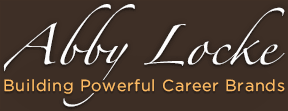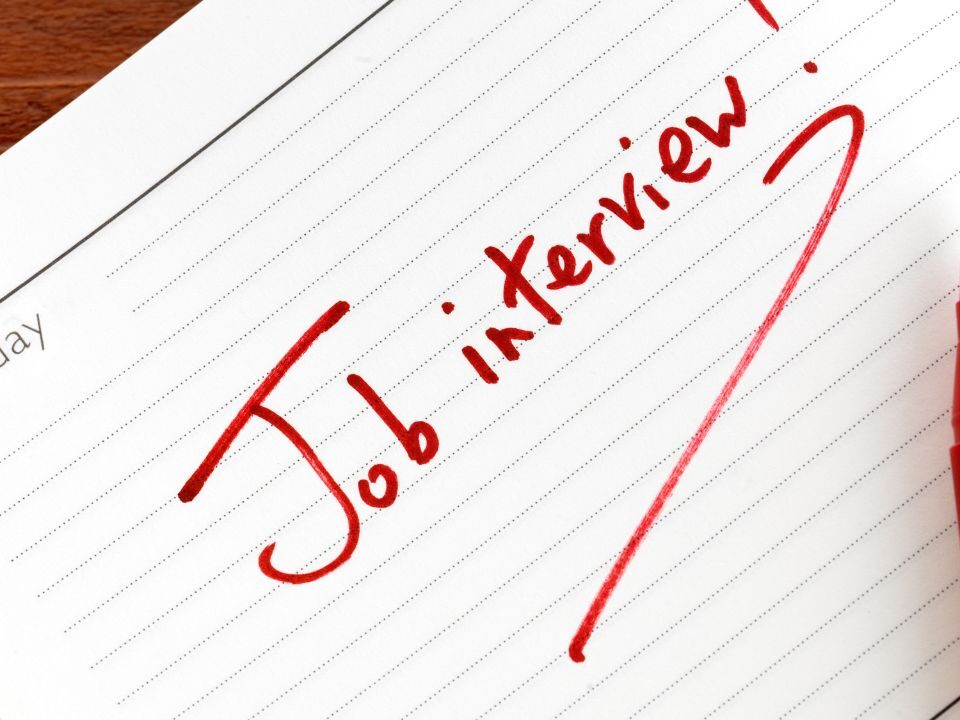
Recently, I have been doing a fair amount of interview coaching for my executive-level clients and when we drilled down to their primary concerns it all came back to their responses. They are worried about giving the wrong answers or simply talking too much.
Guess what? Interviewers are concerned about the same thing as well. I am one of those individuals that if I ask a direct question and 15 minutes later, I am still listening to your response, then chances are that you lost my interest 12 minutes ago!
I promote a very simple, but practical story-telling approach to interviewing that seems to work quite well for everyone. Of course, it only works when you practice, prepare, and practice again.
While I am not a proponent of “staged” or “canned” response, having a good idea of the main points you want to address in an interview ahead of time, helps to diminish your chances of rambling.
When the interviewer says, “Tell me about yourself”, he/she is not expecting a long, drawn out response that takes him/her through every web and flow of your entire career. I keep preaching personal branding and having a strong personal brand and brand statement helps you in your interviews.
For example, a concise response to the “Tell me about yourself” question for a manufacturing executive would be:
“Okay. As my resume demonstrates, I bring over 15 years’ experience in P&L management, product innovation, and turnaround management. Throughout my career, I have repeatedly employed cutting–edge technologies that expedited manufacturing processes and achieved aggressive revenue, cost, and profitability objectives for global manufacturing companies in the plastic industry.”
Concise and to the point…so how do you avoid rambling in an interview:
- Use your career achievements and career success stories to develop short statements and strong responses to typical interview questions.
- Research the position and company carefully, so that your responses, career success stories, and supporting examples are relevant.
- Let the interviewer take the lead – it is okay to spend 15 minutes answering a question when you are responding in 2-3 minutes intervals rather than weighing the interviewer with a 15-minute response.
- It is okay to pause and let the interviewer prompt for more detail – note, you want to sufficiently address the questions, but let the interviewer dig for the nuts and bolts when necessary.
- Ask for clarification or re-phrase the question, so that you are giving the interviewer what he/she is asking for – listen, clarify, and answer.
(Photo credit: imageryplastic)




